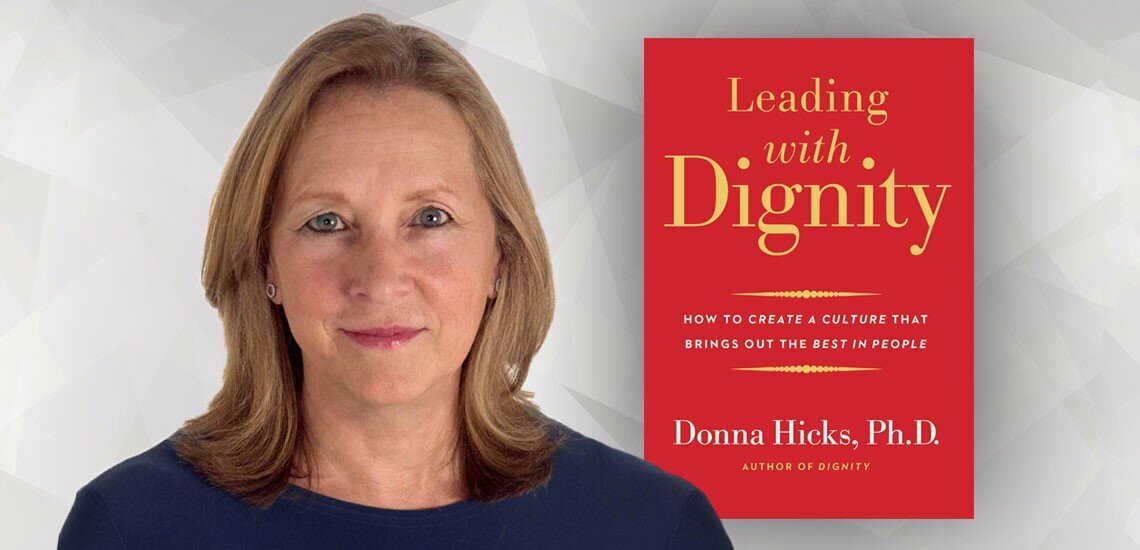Have you ever had the privilege of attending a captivating, autobiographical lecture by a recently published author and then have a copy of the book immediately placed in your hands? That’s what happened to me a couple of weeks ago when I attended the King’s University College’s virtual Veritas Lecture Series to hear Jesse Thistle - whose 2019 memoir, From the Ashes is a #1 National Bestseller and is a 2020 selection on CBC’s “Canada Reads”. The low-key, honest presentation of this Cree-Metis young man traced his stormy life from childhood abandonment through tempestuous years at school to life as a homeless addict on Canada’s streets from Vancouver through the prairies to Toronto and area.
Jesse’s arduous, heartbreaking story recounts his many years of abject poverty, homelessness, and wretched living on unforgiving streets. Constant hunger, danger, and feeding his addiction fueled his destructive choices that frequently led to jail and finally to the rehab centre Harvest House where he began the long journey back to health and inner strength.
Several chance meetings with a beautiful flame-red-haired Lucie led to love, a home, and academic success as a graduate of Toronto’s York University where he is an assistant professor of Metis studies. In fact, Jesse is considered an expert on homelessness and Metis history. He won the top two doctoral scholarships in the country: the Pierre Elliott Trudeau Foundation Scholarship and the Vanier Scholarship. He also received the Governor General’s Silver Medal for graduating with one of the highest grade-point averages in the country! Jesse is the first student in York University’s sixty-year history to receive this honour.
As I shared Jesse Thistle’s journey through his forthright lecture and written account of many horrendous and key moments in his troubled life, I came to understand more about homelessness, addiction, and life on the streets. I hope you have time to read From the Ashes or view his website and rejoice that the human spirit can conquer seemingly insurmountable trials and rise like the phoenix to great heights of success, care, and compassion, just as Jesse has done.
-Sister Jean Moylan, csj










